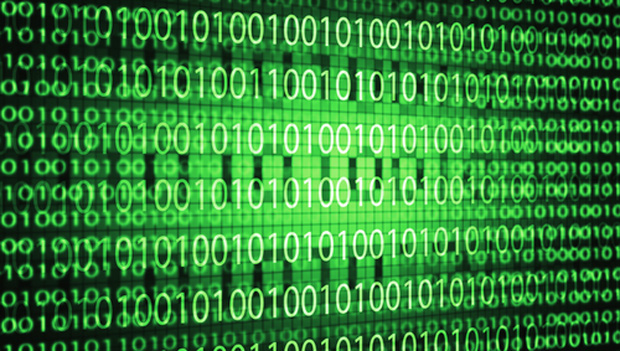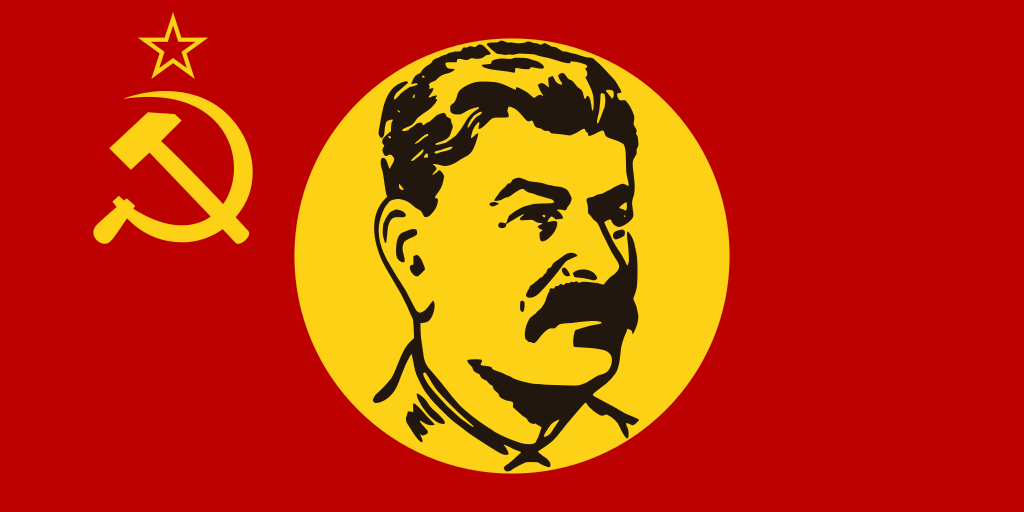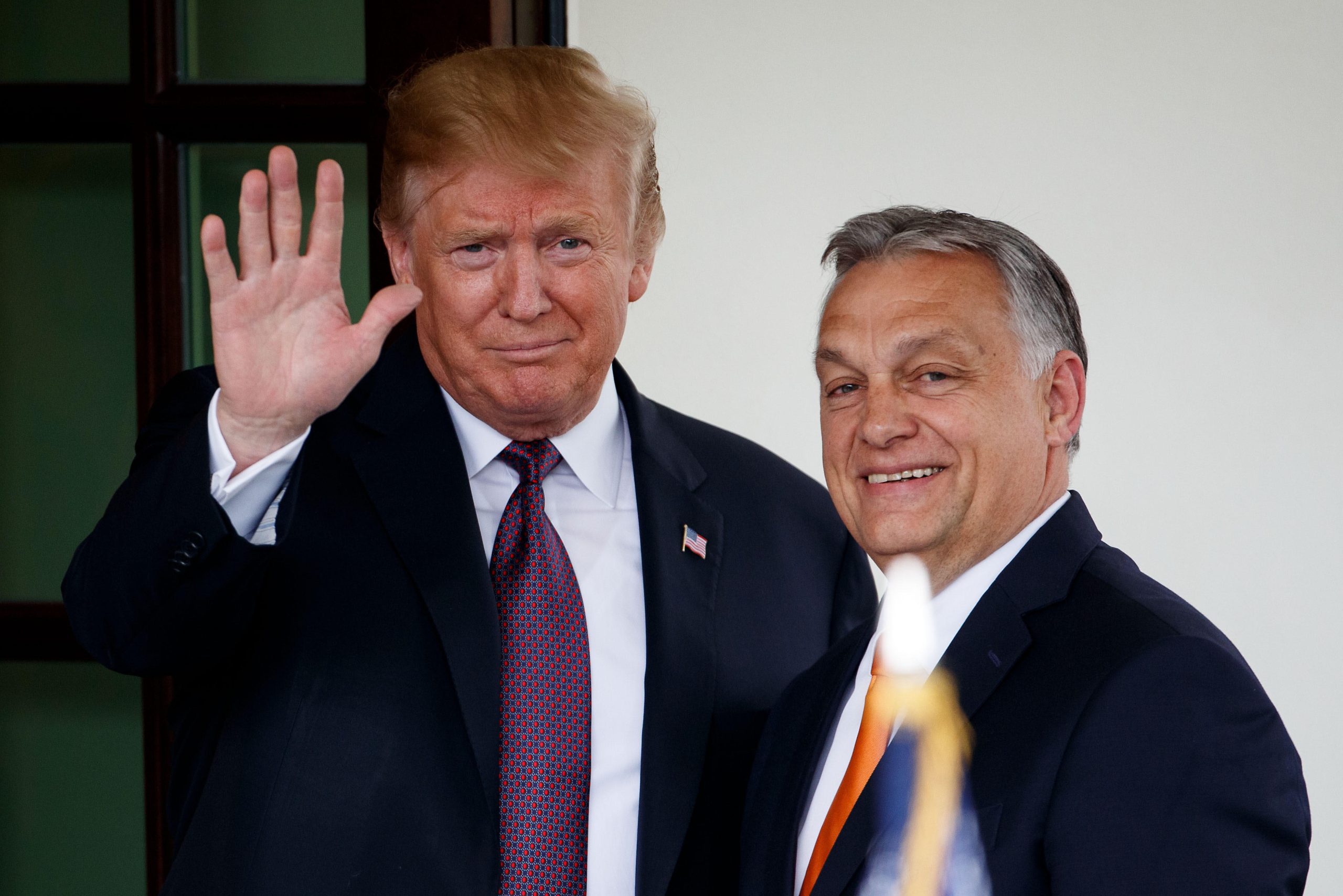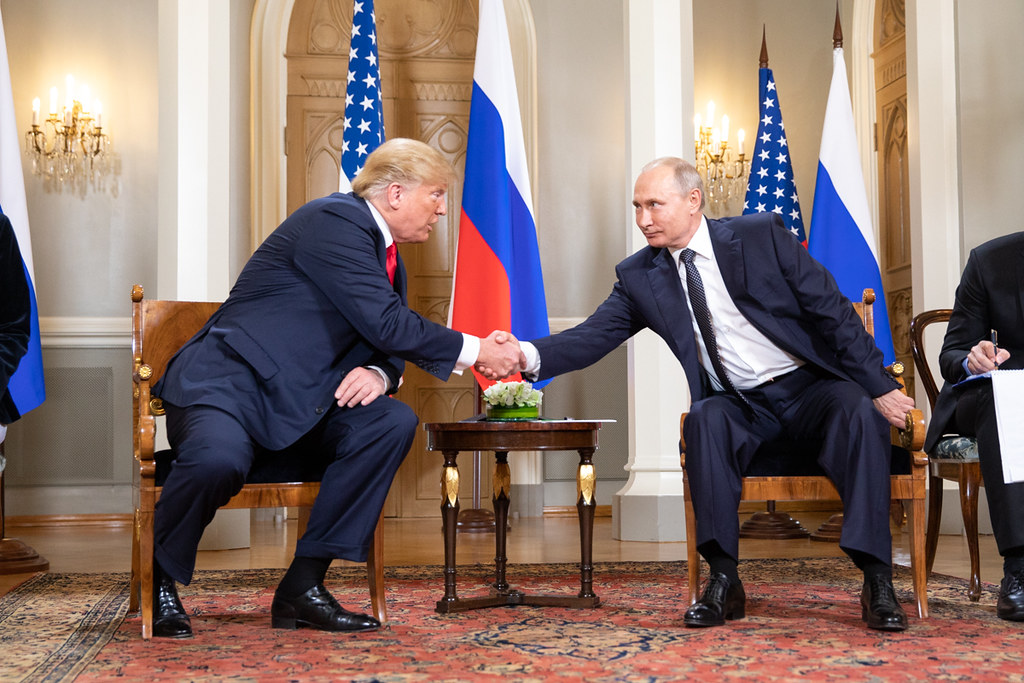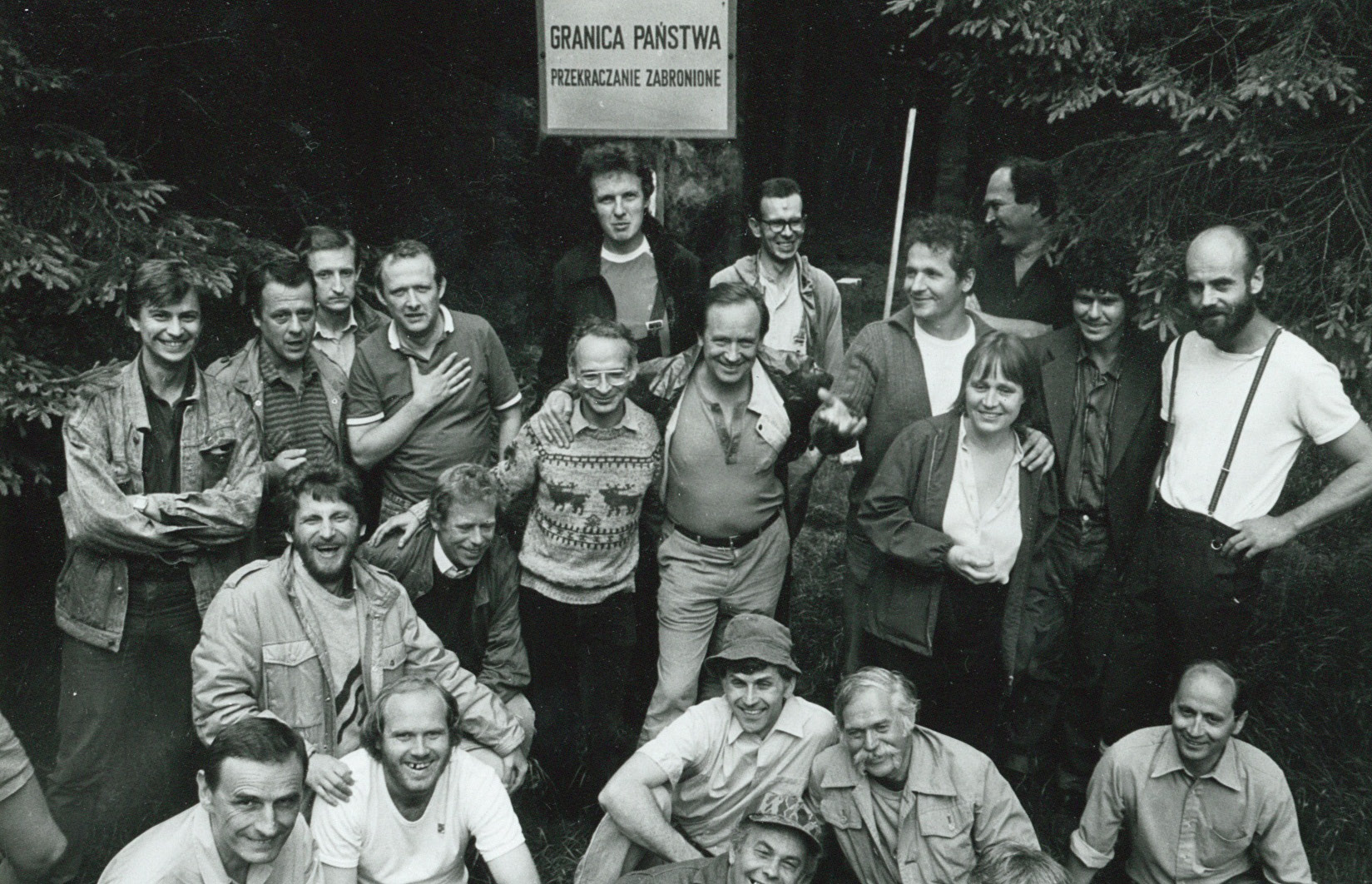Unlike any previous time in the history of the world, there is a generation growing up today with unprecedented knowledge and power at their immediate and constant disposal. Their voices cannot be silenced, they can communicate with each other instantaneously from anywhere in the world. They are children of the internet, and they are politically and socially empowered in ways that are not yet clearly understood. Increasingly defining their identities online as much as offline, net-powered Millenials are collectively reshaping social norms — defining the legacy their generation will leave society. The internet is a product of, and a critical factor in, this legacy.
For example, the internet is a key medium for personal expression. Deliberately open-access and open-source architectures that transcend national boundaries means that the online world is a place where its users become increasingly accustomed to possessing both a platform and a voice regardless of their status in society. Even where it is dangerous to criticise politicians, or to practice a faith, or to be homosexual, the internet provides shelter in anonymity and the chance to meet like-minded people. In this way, the children of the internet have access to support, advice and assistance, but also to allies. Even the most isolated human can now take action with the power of a collaborative collective rather than as a lone individual, and they do so with an attitude that has become acclimatised to unfettered freedom of speech.
For the internet generation, this translates to their political actions online and often erupts into their offline behaviour, too. Online petitions gain infinitely more traction than their pen-and-paper twins, and the more anarchic side of the internet takes no prisoners in parodying public figures, as evinced recently with the numerous revisions of the recent “beer and bingo” tax cut advertisements produced by the ruling coalition. More controversially, Wikileaks infamously released hundreds of thousands of classified government communiqués, and “hacktivist” groups such as Anonymous make their presence felt with powerful retaliations against firms and governments that they perceive to have suppressed internet freedom. Even high-security sites such as the US Copyright Office and Paypal have been targeted — civil disobedience that is symptomatic of the new, sharing internet generation that is paradoxically mindful of personal privacy and disparaging of public opacity.
For the strongest demonstration of the way this attitude and power translates, look no further than the violent reaction of a primarily young body of protesters during the Arab Spring and in Ukraine. The internet was the conduit through which popular campaigns against ruling regimes transformed into widespread civil disobedience and a full-blown political movement. Empowered with access to forms of political commentary comparatively free of governmental intervention and the ability of every protester to act as a professional journalist by virtue of a camera phone and a Twitter account, the children of the internet communicated, mobilised and acted to cast away governments from Tunisia to Yemen; Egypt twice over. They made their voices heard: not at the ballot box as previous generations might have, but in the streets of Cairo and Sana’a and the virtual spaces of Facebook and Blackberry Messenger. Small wonder then, that governments targeted and blocked social networking sites to quell dissent. In many countries the internet was shut down altogether.
Yet, the internet persevered — as John Gilmore, co-founder of the Electronic Frontier Foundation noted: “The internet treats censorship as a malfunction and routes around it”. Despite the long running tussle between the users of the internet and governments who seek to regulate it, it remains untameable. In each instance, almost immediately after internet usage has been restricted, information has circulated about circumventing government regulations — even total shutdowns have been dodged through external satellite connections.
Powered overwhelmingly by the young, the internet is changing the way our societies are structured. Its effects upon our civilisation are poorly understood, particularly among young people who have never known a world without the internet. Ultimately, however, it has done more for individual freedom than any other development in the last half-century. It grants any person a voice with mere access to a keyboard and a broadband connection. It holds governments to account in new and innovative ways, and most crucially, it is an irreversible development. An entire generation defines itself, subconsciously, through the internet; previous such advancements came only through the invention of the printing press, radio and television. One thing is for certain — as broadband usage approaches saturation in many developed countries, we are all children of the internet now.
This article was originally posted on 2 June, 2014 at indexoncensorship.org

